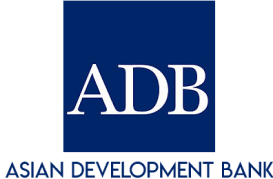
Asian Development Bank
Since its founding in 1966, ADB has been driven by an inspiration and dedication to improving people’s lives in Asia and the Pacific. By targeting our investments wisely, in partnership with our developing member countries and other stakeholders, we can alleviate poverty and help create a world in which everyone can share in the benefits of sustained and inclusive growth. Whether it be through investment in infrastructure, health care services, financial and public administration systems, or helping nations prepare for the impact of climate change or better manage their natural resources, ADB is committed to helping developing member countries evolve into thriving, modern economies that are well integrated with each other and the world. The main devices for assistance are loans, grants, policy dialogue, technical assistance and equity investments. We are at the forefront of development thinking and practice, spreading information through regional forums, a growing online presence and the publication of specialized papers, serials and books. Economists, sociologists, engineers, gender experts and environmental scientists are amongst the hundreds of professions at the bank working together to reduce poverty, and ensure growth across the Asia and Pacific region is sustainable and inclusive.
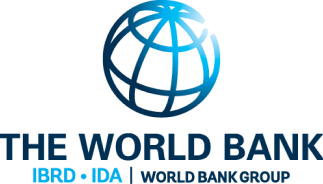
International Bank for Reconstruction and Development
The International Bank for Reconstruction and Development (IBRD) is an international financial institution that offers loans to middle-income developing countries. The IBRD is the first of five member institutions that compose the World Bank Group and is headquartered in Washington, D.C., United States. It was established in 1944 with the mission of financing the reconstruction of European nations devastated by World War II. The IBRD and its concessional lending arm, the International Development Association, are collectively known as the World Bank as they share the same leadership and staff.[1][2][3] Following the reconstruction of Europe, the Bank's mandate expanded to advancing worldwide economic development and eradicating poverty. The IBRD provides commercial-grade or concessional financing to sovereign states to fund projects that seek to improve transportation and infrastructure, education, domestic policy, environmental consciousness, energy investments, healthcare, access to food and potable water, and access to improved sanitation.
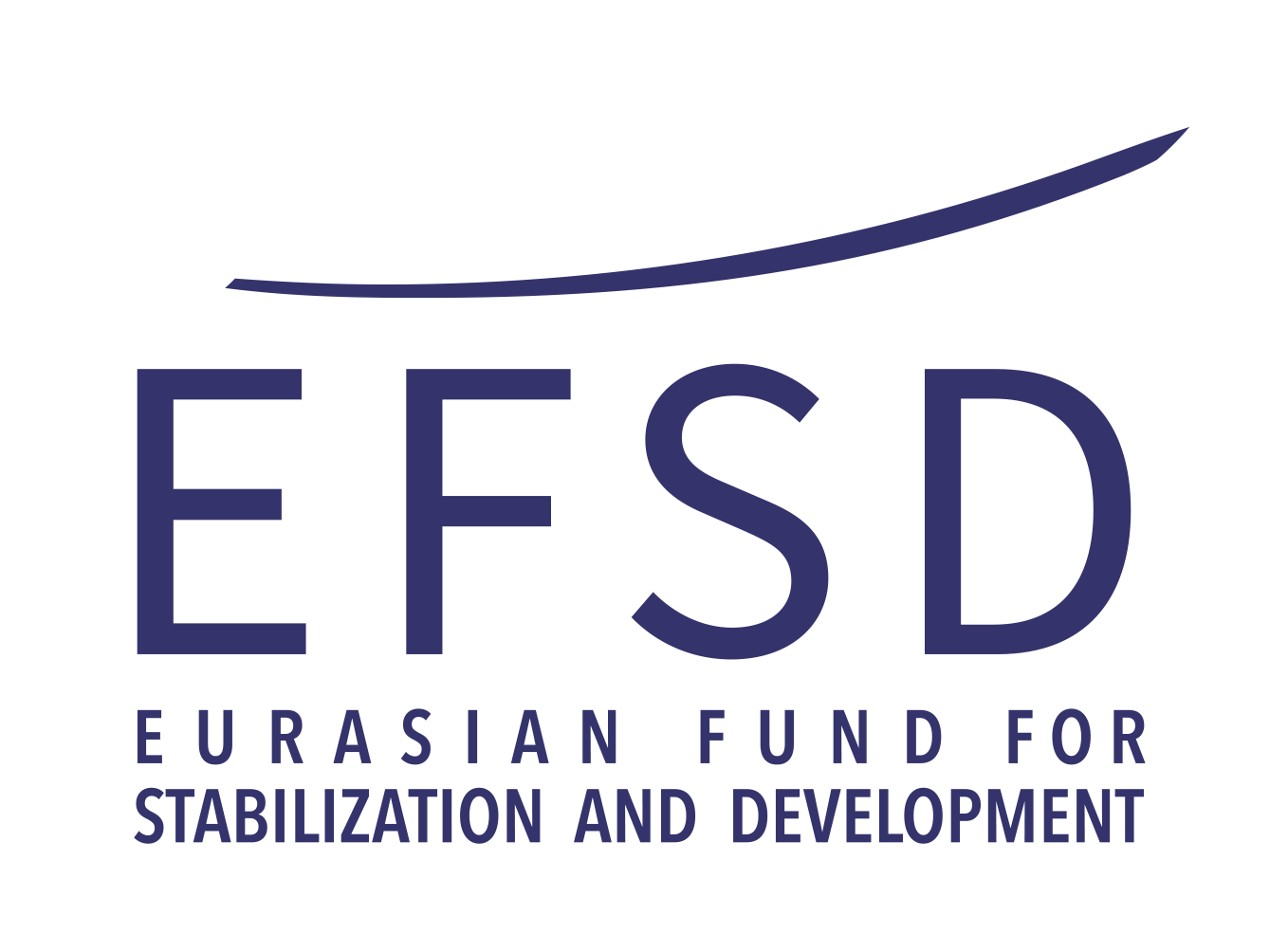
Eurasian Fund for Stabilization and Development
The Eurasian Fund for Stabilization and Development (EFSD) is part of the global financial safety net. Established in 2009 by Armenia, Belarus, Kazakhstan, the Kyrgyz Republic, Russia and Tajikistan the Fund aims to ensure the long-term sustainability and development of its member economies.
The Fund exceeds US $9 billion.
The EFSD provides assistance in the form of grants, sovereign financing and investment funding.
The EFSD’s portfolio in Armenia comprises more than ten projects worth over US $500 million.
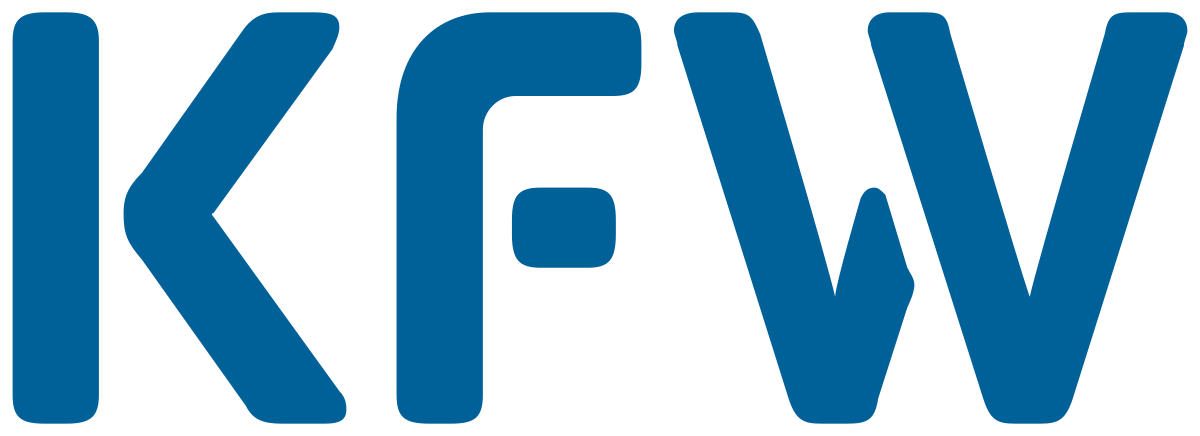
Recovery Loans Bank of Germany (KFW)
“Recovery Loans Bank of Germany” (KFW) develops and performs support programs aimed at stable development in various countries of the globe. KfW was founded in the year of 1948 with aim of making a part of reconstruction after the second world war, becoming one of the most powerful and biggest development banks of the world.
In Armenia KfW is active too. It makes part in various projects implementation aimed at economy, particularly infrastructures, education, health care and other spheres.
Through lending or guaranteed investments KfW provides financial support to water and energy infrastructures modification, energy efficiency enhancement, as well as small and medium enterprises development.
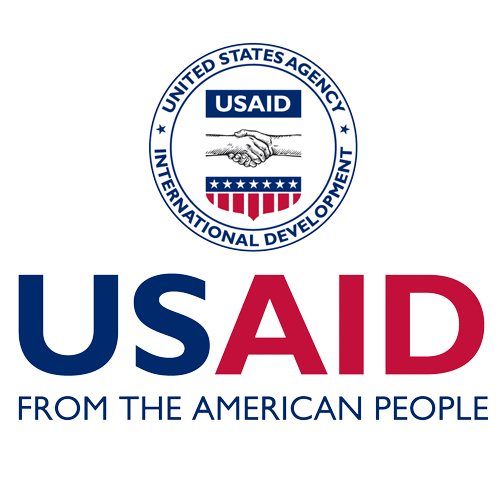
United States Agency for International Development
USAID is the world's premier international development agency and a catalytic actor driving development results. USAID's work advances U.S. national security and economic prosperity, demonstrates American generosity, and promotes a path to recipient self-reliance and resilience.
USAID partners with Armenia to promote a resilient and democratic society, strengthen economic growth and energy security, and support social sector reforms. At the core of USAID’s mission is a deep commitment to work as partners in fostering sustainable development.
Over 28 years, USAID support has evolved from providing humanitarian relief to address urgent and basic human needs, to supporting long-term sustainable development, facilitating Armenia’s transition to a free-market, democratic society. Since 1992, USAID has responded to opportunities and challenges through innovative, sustainable, and replicable programs. USAID has adapted its approach to program implementation, transitioning from partnering with international organizations to partnering directly with local organizations and the Government of Armenia. By working through local partners, USAID programs benefit from local know-how, increase host country ownership, and foster sustainability.
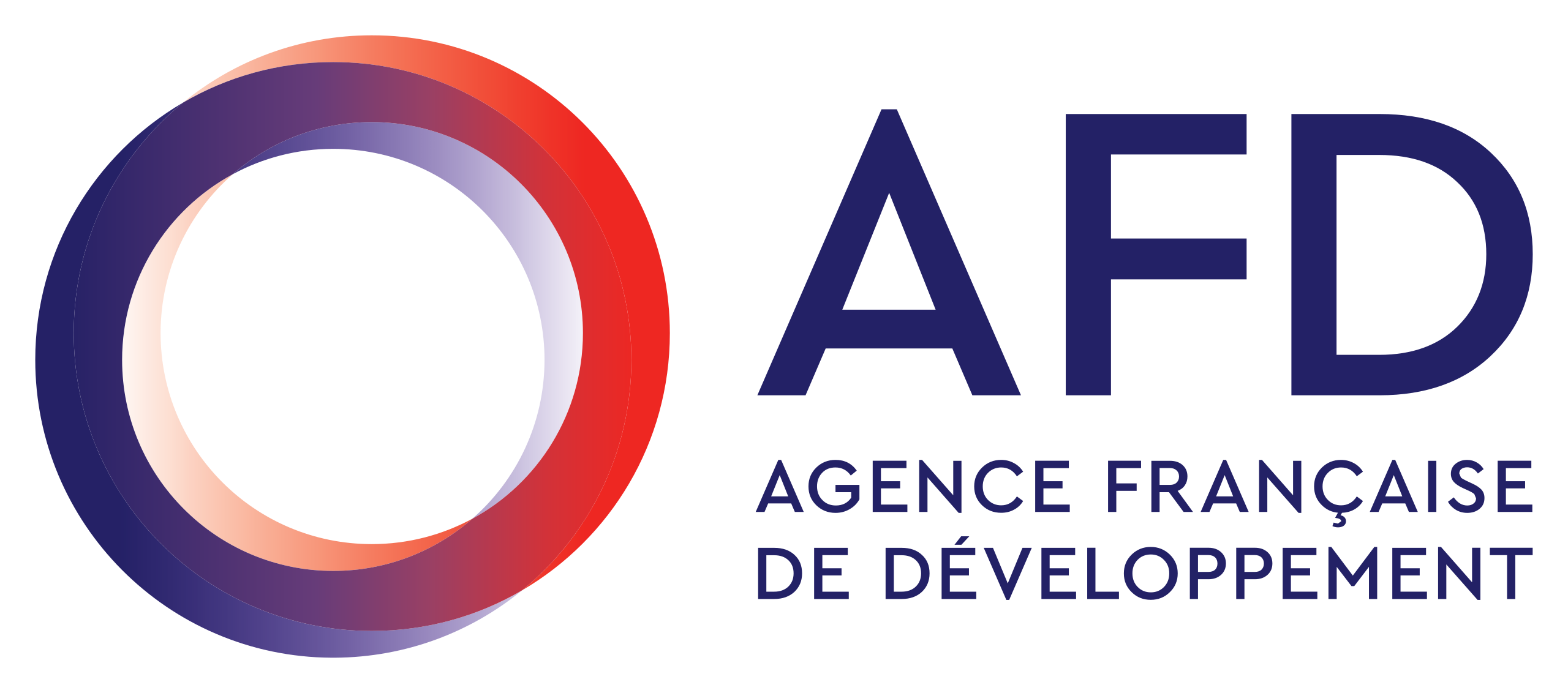
Agency of French Development (AFD)
“Agency of French Development” was founded in 1941 having a significant role in the field of international assistance and partnership of France. Agency of French Development provides support to developing countries.
AFD is of eminent role Armenia development. Focusing on economic and social various directions, it is actively involved in the country infrastructures financing, with the inclusion of roads, water supply and wastewater removal, energy systems construction and modification, as well as water reservoir construction fields. These investments are aimed at population living standard increasing and economic growth enhancement.
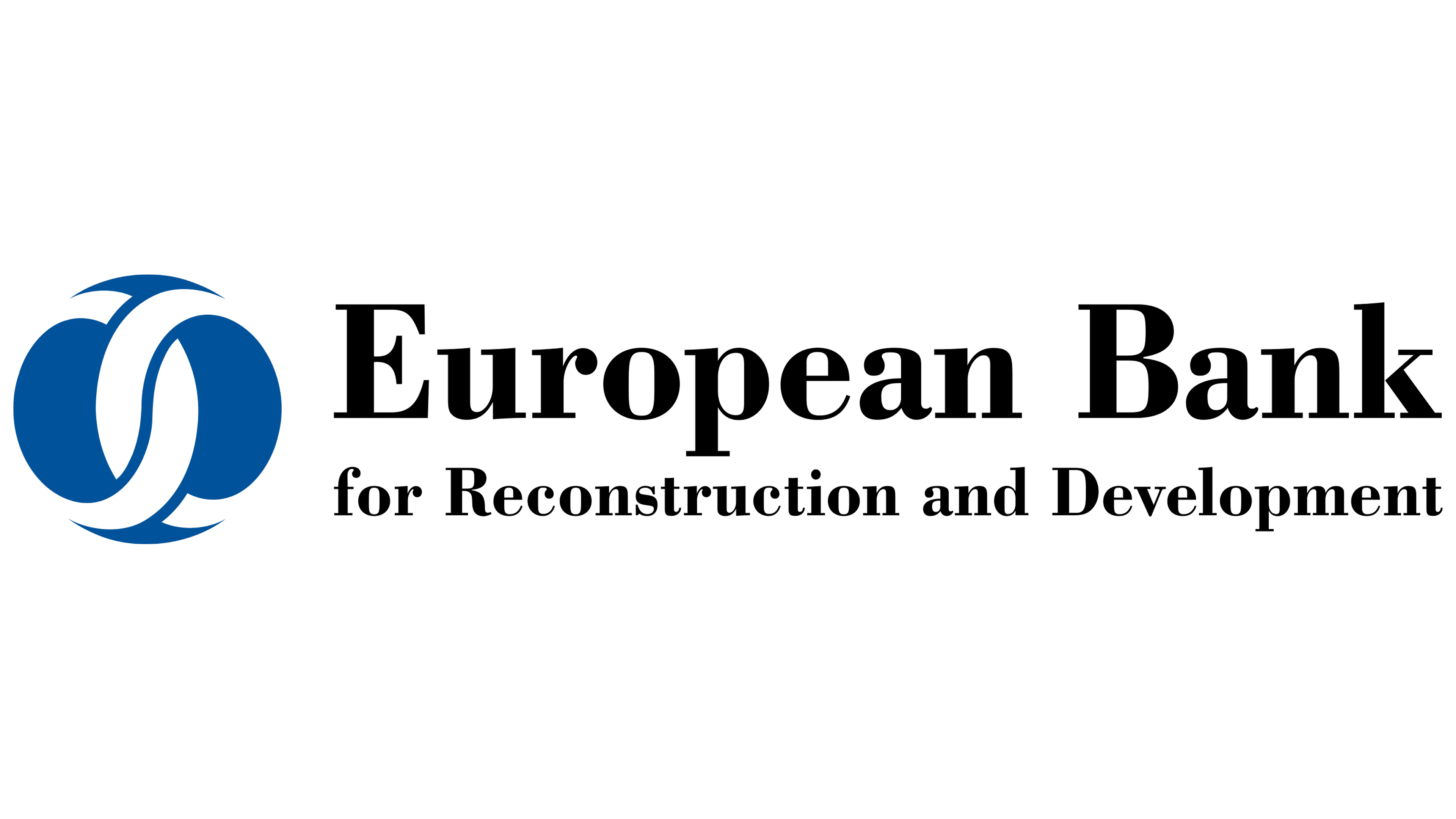
European Bank for Reconstruction and Development (EBRD)
“European Bank for Reconstruction and Development” (EBRD) was founded in 1991 after communist regimes collapse in Soviet Union, Central and eastern Europe, with an aim of providing continues support to countries in market economy transition.
EBRD has 30 member countries from Central Europe till Central Asia. Armenia joined it in the year of 1992.
In Armenia EBRD is actively involved in the programs aimed at supporting stable economic growth and infrastructures project to the benefit of developing business enhancing competency and new working places creation in the country.
EBRD also supports to the financial section development of Armenia, environmental issues solutions, financing water resources, energy saving and energy renewable sources development projects.
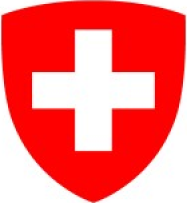
Swiss Agency for Development and Cooperation (SDC)
The Swiss Agency for Development and Cooperation (SDC) is Switzerland’s international cooperation agency within the Federal Department of Foreign Affairs (FDFA). In operating with other federal offices concerned, SDC is responsible for the overall coordination of development activities and cooperation with Eastern Europe, as well as for the humanitarian aid delivered by the Swiss Confederation. The goal of development cooperation is that of reducing poverty. It is meant to foster economic self-reliance and state autonomy, to contribute to the improvement of production conditions, to help in finding solutions to environmental problems, and to provide better access to education and basic healthcare services.